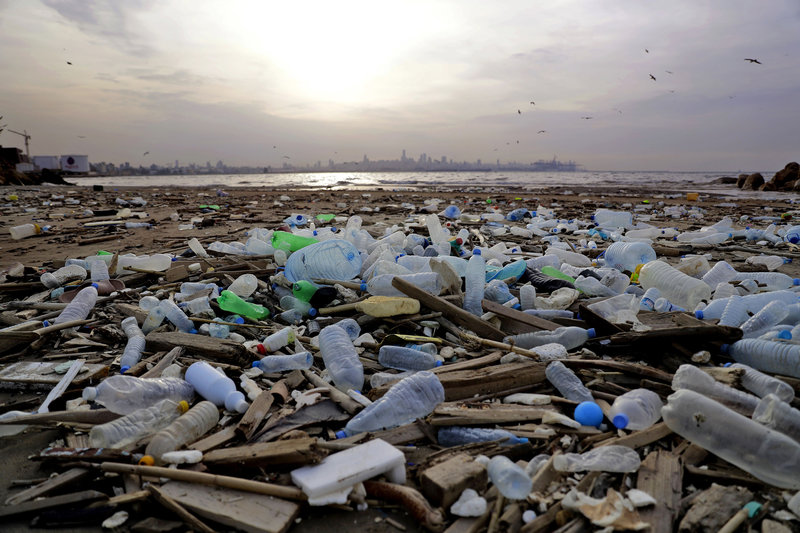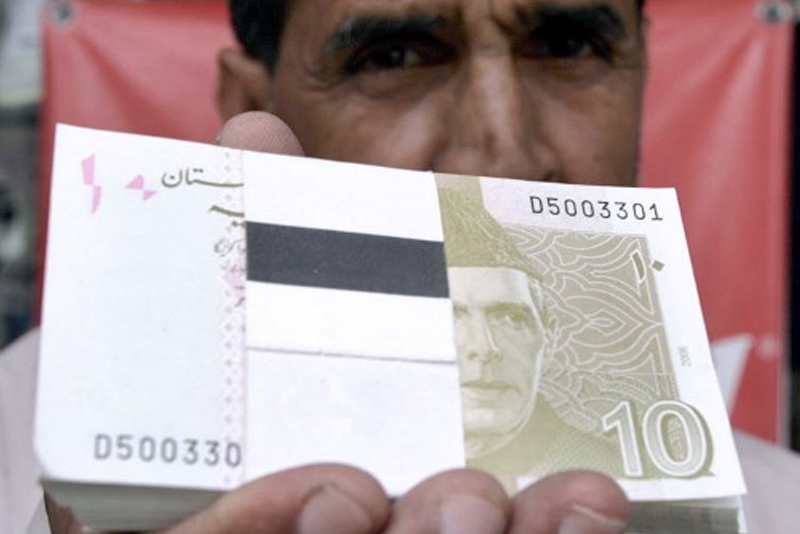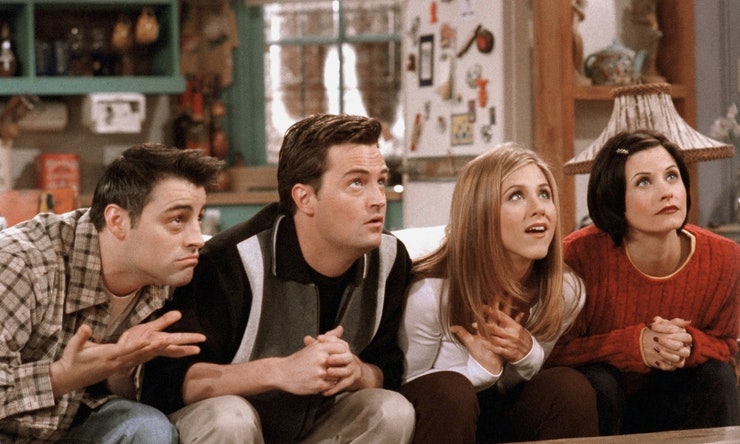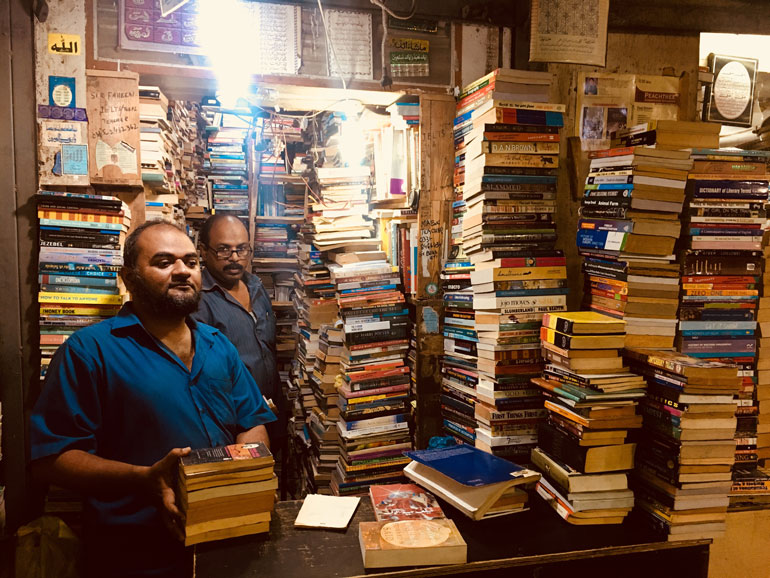KARACHI: It has exactly been a month since the United Nations observed the World Environment Day. This year’s theme was “beat plastic pollution” and rightfully so. There have been uncountable warnings about the adverse effects of plastic accumulation on wildlife, wildlife habitat, humans and the environment at large. But before we talk about how you can go plastic free, it is also important to understand why you need to.
What makes plastic problematic?
Speaking to BBC in December 2017, UN oceans chief Lisa Svensson referred to plastic pollution as a “planetary crisis”. The article also spoke at length about how one of the greatest advantages of plastic is now turning into its biggest disadvantage. The fact that plastic is designed to last for a long time means that nearly all the plastic ever created still exists in some form today. Moreover, a research paper published in the journal Science Advances in July 2017 by industrial ecologist Dr Roland Geyer, from the University of California in Santa Barbara, and colleagues, estimated the total volume of plastic ever produced at 8.3bn tonnes. Of this, 79 percent of that is in landfill or the natural environment, the study found.
Why should you care?
Studies conducted by WWF-Pakistan have revealed that 65 percent of garbage that haunts beaches along Pakistan’s coast consists of plastic waste. This includes mineral water bottles, caps, polythene bags, balloons, wrappers, shoes, broken utensils, styrofoam and discarded fishnets.
What can you do?
Cutacut reached out to environmentalist Tofiq Pasha Mooraj to discuss small steps one can take to eliminate or at least minimise the use of plastic. Here’s what he told us:
1. Replacing polythene bags with jute baskets
The easiest thing you can do is to carry your own jute basket or cloth carry bags when going grocery shopping instead of bringing home your groceries in polythene or plastic shopping bags.
2. Using ceramic coffee mugs with lid instead of coffee cups
Any time you go to a coffeehouse, you can carry your own ceramic coffee mugs and ask them to serve your coffee in it.
3. Getting yogurt in food containers as opposed to a thaili (plastic shopper)
As mentioned above, every time you go to get yogurt you can carry a food container and ask the shopkeeper to pour it in that instead of getting a new plastic shopper every time.
4. Carrying your own water bottle
Instead of buying plastic bottles and then having nowhere to dispose them, you can stop the use of plastic mineral bottles altogether by transferring that water to your own bottle.
How can you find out more?
These are just a few steps you can take. To find out more about how to lead a life without plastic, you can watch Mooraj’s video, which he posted on his Facebook page Tofiq Pasha’s World. In this, he explains each of the aforementioned steps in detail.
What is everyone else doing?
An article in Resource Magazine from June this year reported on how the Marine Conservation Society (MCS) is asking people to give up on single-use plastics during the month of July in a bid to reduce plastic pollution in the oceans. It also pointed out how a Plastic Detox or doing the Plastic Challenge (whereby you give up on plastic completely, even for a day) will make you realise the extent to which it is part of our everyday lives. The #PlasticFreeJuly is also on its way to becoming a global trend.
This story is part of a how-to series, which is updated weekly. You can read the previous entry here.

 PHOTO: AFP
PHOTO: AFP











